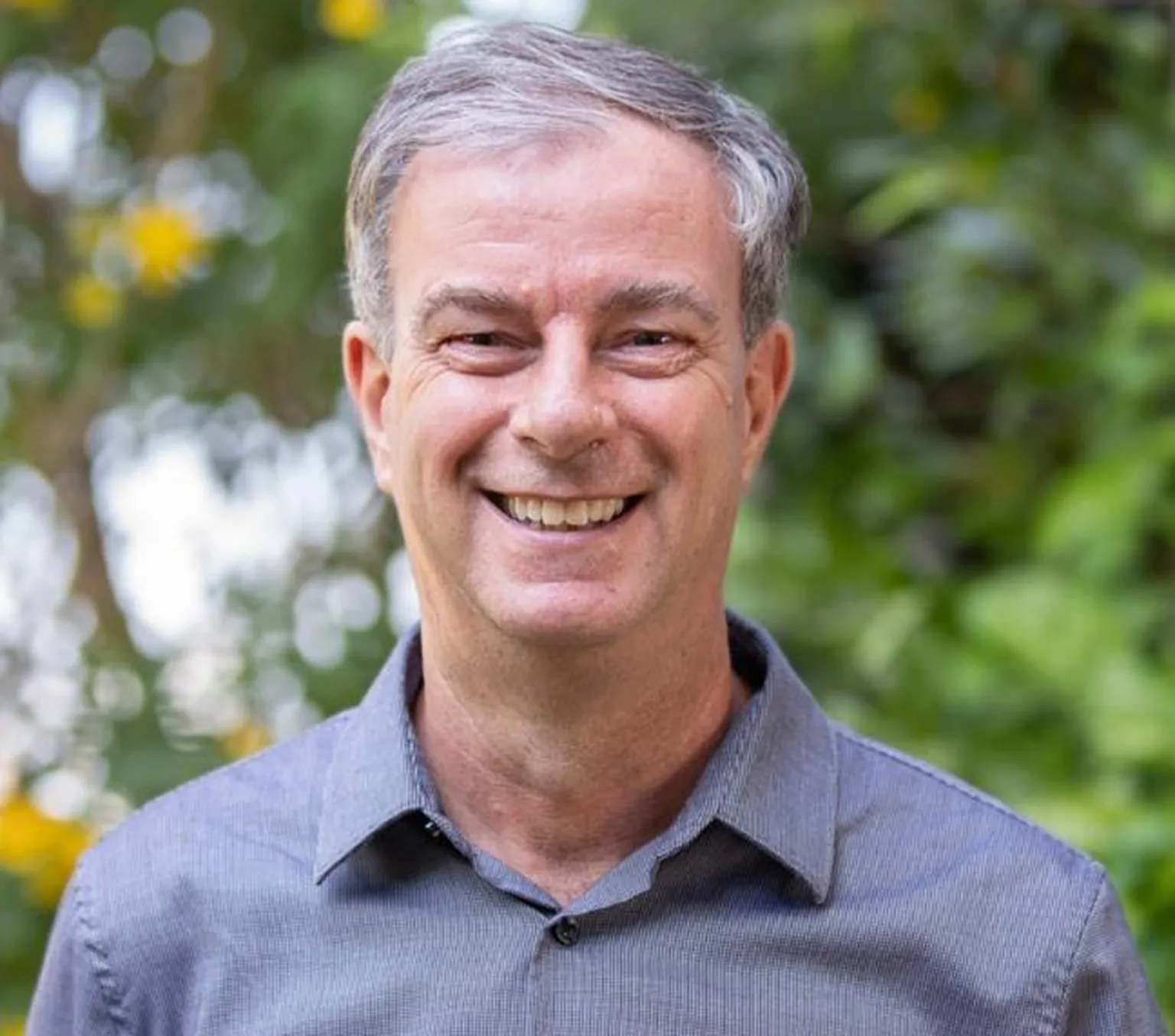Biodiverse Landscapes Fund (BLF) – Lower Mekong Programme
Cambodia,Lao PDR,Vietnam,
ongoing

Sustainable economic development for communities living in and dependent on environmentally critical landscapes.
The Biodiversity Landscape Fund (BLF) - Lower Mekong Programme is one landscape in a six landscape initiative funded by UK International Development, running from August 2023 to January 2030. UK Government funding to the Lower Mekong Landscape Consortium (covering Cambodia, Laos and Vietnam) under the BLF is £14.3 million over seven years. The consortium is led by Fauna & Flora, with the International Union for Conservation of Nature (IUCN) and SNV as implementing partners.
The project aims to provide lasting landscape protection and sustainable management and restoration, while safeguarding biodiversity and maintaining and improving ecosystem quality. The BLF Lower Mekong works in three transboundary areas in Cambodia, Laos and Vietnam.
In the Lower Mekong region, indigenous and local communities face multiple challenges including poverty, socio-economic marginalisation, deforestation, loss of land and resource rights, climate change and biodiversity loss. Addressing these challenges requires strong institutions, a focus on governance and sustainable and equitable management of landscape resources. SNV's focus within the BLF is to address specific challenges related to sustainable agricultural production, market linkages and livelihoods. These challenges include low yields, inadequate production techniques, lack of market access and high vulnerability to climate change, especially drought.
SNV's approach will be based on prudent stewardship and sustainable management of natural resources, balanced with economic development. SNV takes a multi-stakeholder landscape and market system approach to address the identified challenges. Leveraging its expertise and based on participatory analysis, SNV will implement tailored solutions for each sub-landscape, including value chain development for non-timber forest products, market system support for sustainable integrated farming systems, and support for the rights of indigenous peoples and local communities to access and manage land and natural resources. SNV is integrating a gender and social inclusion approach that recognises the importance of Free, Prior and Informed Consent (FPIC) in natural resource management and the involvement of indigenous people, both men and women, in deciding on proposed intervention strategies.
The project aims to achieve a number of key results in line with its objective of promoting poverty reduction and improving biodiversity conservation. The project will:
develop economic opportunities that incentivise positive biodiversity outcomes while supporting local development, climate resilience and poverty reduction
slow, halt or reverse biodiversity loss
reduce greenhouse gas emissions.
The expected outcomes not only address immediate challenges, but also contribute to the long-term resilience and prosperity of the region.







